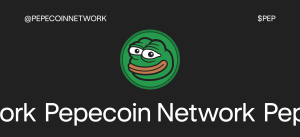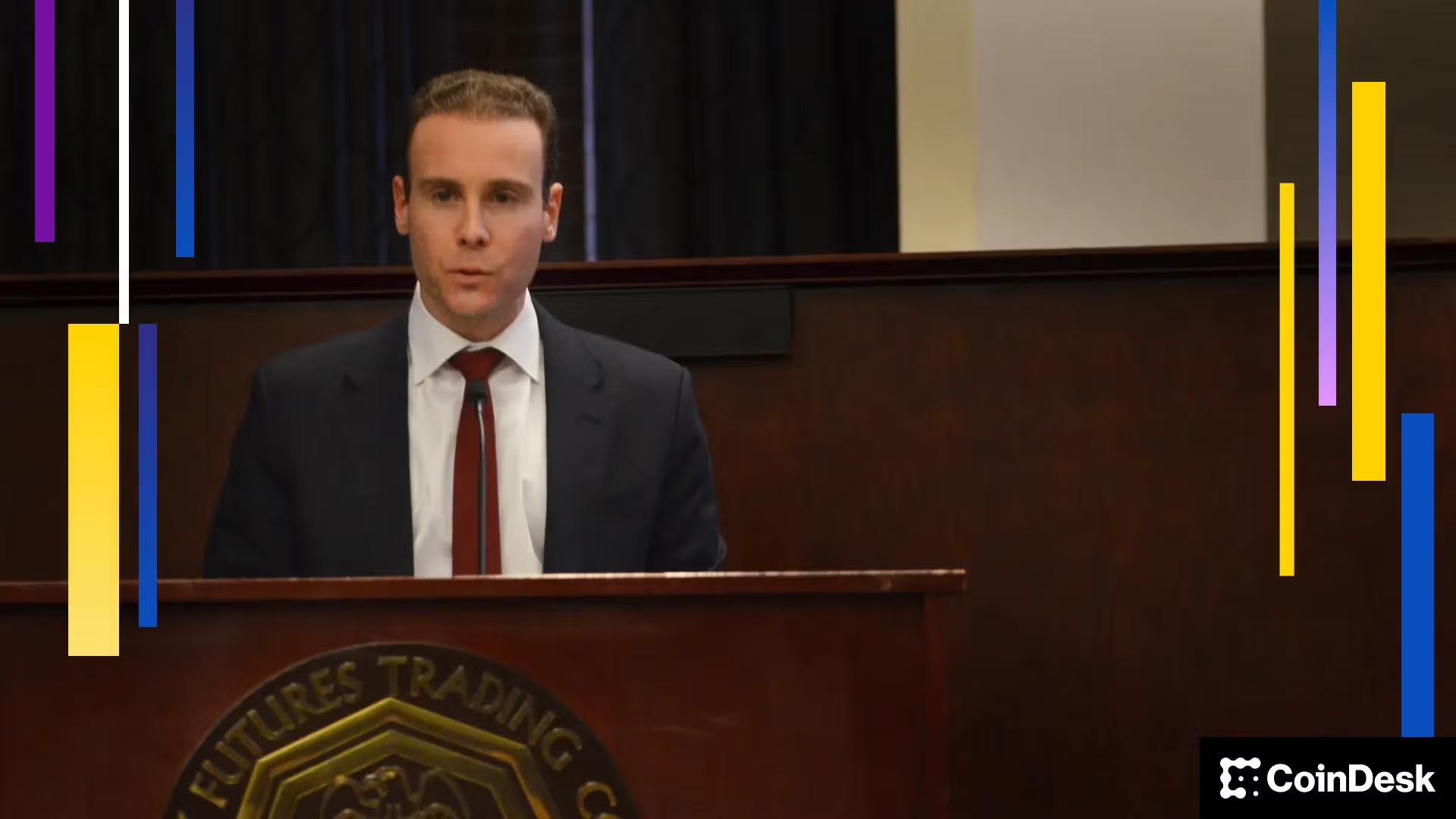Disclaimer: The opinions expressed by our writers are their own and do not represent the views of U.Today. The financial and market information provided on U.Today is intended for informational purposes only. U.Today is not liable for any financial losses incurred while trading cryptocurrencies. Conduct your own research by contacting financial experts before making any investment decisions. We believe that all content is accurate as of the date of publication, but certain offers mentioned may no longer be available.
The price of Chainlink (LINK) has surged by 20.15% in the past 24 hours, reaching $16.71, amid news of a successful pilot program involving major U.S. financial institutions. The 24-hour trading volume for LINK has also spiked by 217.92%, now totaling $1.13 billion.
This significant price increase follows the completion of a pilot project by the Depository Trust and Clearing Corporation (DTCC), the world’s largest securities settlement system, in collaboration with blockchain oracle Chainlink and several prominent financial entities in the United States.
According to a report published by DTCC on Thursday, the initiative, named Smart NAV, aims to expedite the tokenization of funds by establishing a standardized process for bringing and disseminating net asset value (NAV) data across various blockchain networks using Chainlink’s CCIP interoperability protocol.
The pilot project included participation from leading financial institutions such as American Century Investments, JPMorgan, BNY Mellon, Franklin Templeton, Edward Jones, Invesco, MFS Investment Management, State Street, Mid Atlantic Trust and U.S. Bank.
Enabling trusted data on multiple networks
Smart NAV’s primary objective was to enable the trusted and verifiable data necessary for business workflows to be accessible on multiple blockchain networks. DTCC acted as the data provider and the governor of the on-chain solution storing this data, while Chainlink’s CCIP served as the critical interoperability layer.
The capabilities explored during the pilot are expected to be applicable across a wide range of use cases, potentially enhancing operational processes across industries. This successful implementation has prompted discussions about expanding the pilot’s scope to explore additional use cases beyond data dissemination, potentially involving a greater number of blockchain networks.
Meanwhile, the surge in the price of LINK reflects investor confidence in the potential broader adoption of blockchain technology within the financial sector. The developments have underscored the growing importance of blockchain oracles and interoperability protocols in facilitating efficient and secure data exchange across decentralized networks.

















